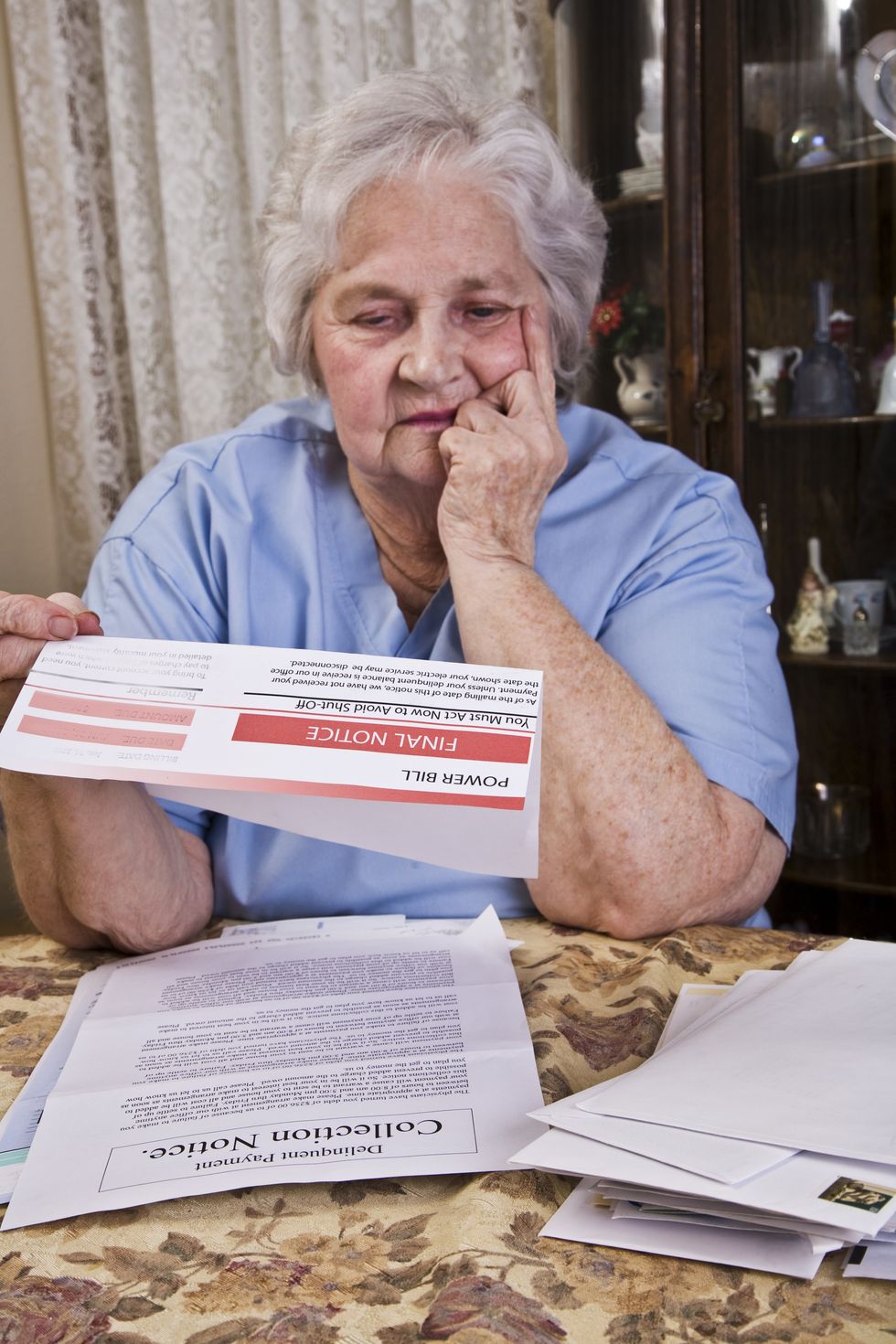'State pension needs to be means-tested' say analysts as triple lock viability questioned

A proposal to means-test the state pension is being floated by financial advisors
Don't Miss
Most Read
Latest
Analysts are calling on the state pension to be "means-tested" amid ongoing concerns over the long-term viability of the triple lock.
Pension payments are raised annually by either the rate of inflation, average earnings or 2.5 per cent under the triple lock but the cost of doing this is expected to balloon in the years ahead.
For the 2022-23 tax year, the state pension cost the taxpayer £110.5billion which is just under half the total amount paid by the Government to all benefit claimants.
Based on figures from the Office for Budget Responsibility (OBR), this expected this to jump to £124bn for 2023-2024.
Speaking to Newspage, financial advisors broke down the current state of retirement benefits in the UK and what should be done to bring down expenditure.
Chartered financial planner Joshua Gerstler, the owner of The Orchard Practice, claims future retirees will not be able to claim the state pension in the years to come.
Do you have a money story you’d like to share? Get in touch by emailing money@gbnews.uk.

Experts are warning future generations will no longer be able to access the state pension
| GETTYGrestler explained: "The state pension is not affordable for the UK to continue paying to everyone. The longer the Government leave it to address this, the bigger the fallout is going to be. [It] needs to become a means tested benefit.
"However, to ensure fairness for those who have been expecting and planning for this pension their entire working lives, a phased approach to this needs to be taken.
"Those yet to enter the workforce should be now told that they will not get a State Pension. This gives them 40 years to plan properly for their retirement.
"And if they reach the state pension age and they have not made pension provisions, then the means tested element can kick in."
Means-testing the state pension would place the retirement benefit in the same bracket as the Department for Work and Pensions' (DWP) Pension Credit and the Winter Fuel Payment.
Earlier this week, the DWP published a report into peoples' awareness of the retirement benefit among those approaching pension age.
According to its findings, retirement expectations are evolving with more non-retired respondents hoping to leave the workforce at 66 than any other age.
However, the majority still expect to retire before reaching the state pension age with the average person hoping to do so by 64.5 years old.
LATEST DEVELOPMENTS:
 Older women have been impacted by a historic state pension injustice | GETTY
Older women have been impacted by a historic state pension injustice | GETTYAnita Wright, the independent financial adviser at Bolton James, noted there remains "confusion" among women and under 65s over the pension.
"This could be because the UK has undergone significant reforms in recent years, including changes to the state pension age, which are likely to have been communicated more clearly in recent times," she said.
"The fact that more non-retired respondents expect to retire at 66, with many expecting to retire at around 64.5 on average, suggests that many people are planning for retirement slightly earlier than the State Pension age.
"This could be attributed to a combination of factors: people may be accumulating enough private savings or pensions to retire earlier, or at least believe that they can. Health concerns or lifestyle choices may lead some to plan for retirement before the state pension age."










